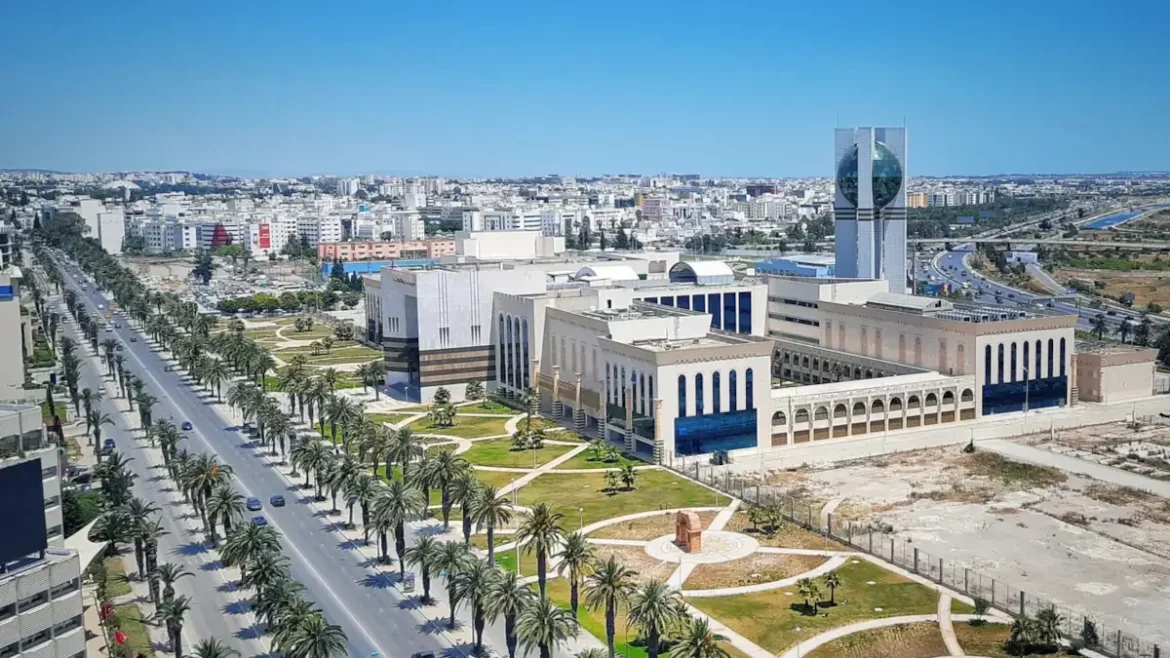
Tunisia has unveiled a sweeping plan to modernize its deteriorating public transport system, marking one of the most ambitious infrastructure overhauls in the Maghreb region in recent years.
During a high-level meeting held at the Kasbah Palace on July 23, 2025, the Tunisian government, under the leadership of Sarra Zaafrani Zenzri, laid out a roadmap to restructure the sector, which has long been plagued by delays, inefficiency, and outdated infrastructure.
The centerpiece of the initiative is a large-scale renewal of Tunisia’s aging bus fleet. According to La Presse de Tunisie, more than 300 new buses have already been delivered since June as part of a landmark partnership with China.
These vehicles represent the first wave of a broader investment strategy aimed at overhauling the nation’s public transit capabilities.
The modernization effort doesn’t stop there. A second international tender has been launched to procure an additional 418 buses.
Meanwhile, new agreements are on the horizon. A bilateral deal with Switzerland, expected to be finalized by September, will see 200 buses added to the national fleet.
Saudi Arabia is also set to deliver 397 more vehicles in the coming months.
The combined acquisitions—totaling over 1,300 buses—are intended to address widespread public dissatisfaction with current services and to reduce the strain on urban and intercity mobility.
Many citizens have long complained about overcrowded buses, frequent breakdowns, and unreliable schedules, especially in metropolitan areas like Tunis, Sfax, and Sousse.
The Tunisian government has labeled the public transport sector as a top priority, seeing it not only as a public service necessity but also as a critical driver of economic resilience and social equity.
Authorities hope the revamped system will ease urban congestion, reduce pollution, and improve daily life for millions of Tunisians who rely on buses for commuting.
As the first new fleets begin to hit the roads, anticipation is building across the country. But with structural reform still needed in governance, maintenance, and route optimization, the success of the initiative will depend on long-term political will and sustained investment.
Tunisia’s gamble on transport modernization may well set a precedent for neighboring countries in the region—where similar infrastructure crises loom large—showing that decisive government action can help turn a long-neglected sector into a symbol of progress.



